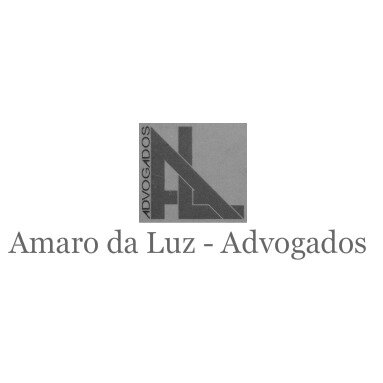Best Debt & Collection Lawyers in Coimbra
Share your needs with us, get contacted by law firms.
Free. Takes 2 min.
List of the best lawyers in Coimbra, Portugal
About Debt & Collection Law in Coimbra, Portugal
Debt and collection law in Coimbra, Portugal, like in the rest of the country, encompasses rules and regulations that guide lenders and creditors in the processes of debt collection from delinquent borrowers. It also protects the rights of the debtor, ensuring fair and respectful treatment during the collection process. The significant legislations include the Portuguese Civil Code and the Law of Consumer Protection.
Why You May Need a Lawyer
A lawyer can be critical in situations where the debt has become challenging to manage, during negotiations with creditors, or when one is facing lawsuits over unpaid debts. Lawyers can also provide help during bankruptcy procedures, assist in dealing with harassment from debt collectors, and can help you understand your rights and obligations under Portuguese debt laws.
Local Laws Overview
The key aspects of the local laws relevant to Debt & Collection in Coimbra fall primarily under the Portuguese Civil Code. The limitation period for a debt in Portugal typically is 20 years, but this can be shorter depending on the nature of the debt. Consumer rights are protected by the Law of Consumer Protection which lays down strict guidelines on how creditors and collection agencies can pursue the recovery of consumer debts.
Frequently Asked Questions
What is the statute of limitations on debt in Portugal?
The typical limitation period on a debt in Portugal is 20 years. However, the period can be significantly less for certain types of debts.
Can creditors seize my property to recover debt in Portugal?
Yes, if a case has been filed and judgment has been made against you, creditors may be able to seize certain assets to recover any unpaid debts.
What can I do if a debt collector is harassing me?
You should contact a lawyer if a debt collector is engaging in harassing behavior. The Law of Consumer Protection stipulates specific limits to collection practices.
What happens if I can't pay my debts?
If you cannot pay your debts, you might have to file for bankruptcy. This process involves a court petition and creditors can potentially claim certain assets to settle the debt.
Can I negotiate my debt with creditors?
Yes, negotiation is a common part of the debt collection process. It is often beneficial to have a lawyer represent you in these negotiations.
Additional Resources
Additional resources for understanding debt and collection law in Coimbra, Portugal include the Portuguese Department of Consumer Affairs and the Portuguese Justice Department. These bodies provide material and guides on consumer law and debt collection in Portugal.
Next Steps
If you need legal assistance in debt and collection law, you should secure a meeting with a lawyer experienced in this field. They can provide personalized advice and guidance based on your situation. Preparing any relevant documentation and writing down any questions you have to ask your lawyer can be beneficial ahead of this meeting.
Lawzana helps you find the best lawyers and law firms in Coimbra through a curated and pre-screened list of qualified legal professionals. Our platform offers rankings and detailed profiles of attorneys and law firms, allowing you to compare based on practice areas, including Debt & Collection, experience, and client feedback.
Each profile includes a description of the firm's areas of practice, client reviews, team members and partners, year of establishment, spoken languages, office locations, contact information, social media presence, and any published articles or resources. Most firms on our platform speak English and are experienced in both local and international legal matters.
Get a quote from top-rated law firms in Coimbra, Portugal — quickly, securely, and without unnecessary hassle.
Disclaimer:
The information provided on this page is for general informational purposes only and does not constitute legal advice. While we strive to ensure the accuracy and relevance of the content, legal information may change over time, and interpretations of the law can vary. You should always consult with a qualified legal professional for advice specific to your situation.
We disclaim all liability for actions taken or not taken based on the content of this page. If you believe any information is incorrect or outdated, please contact us, and we will review and update it where appropriate.









